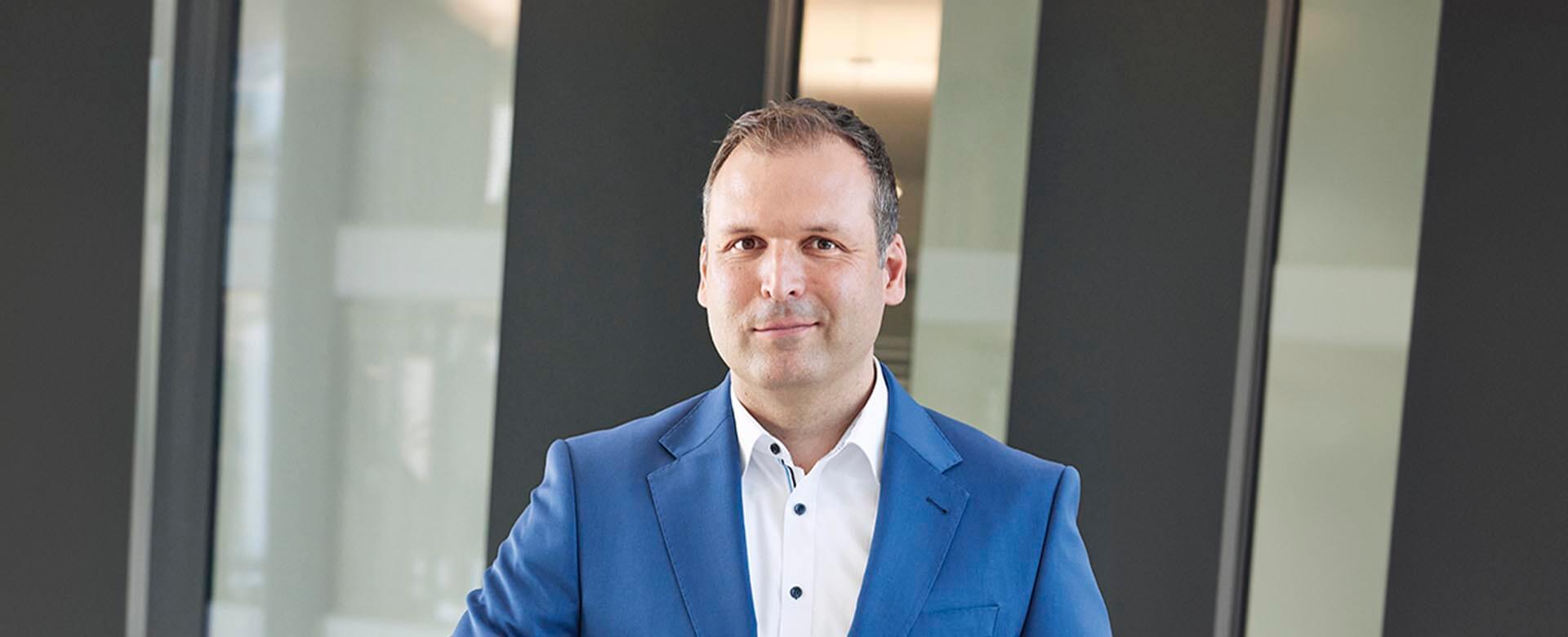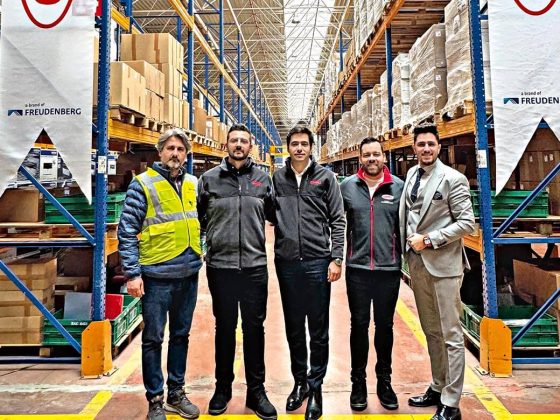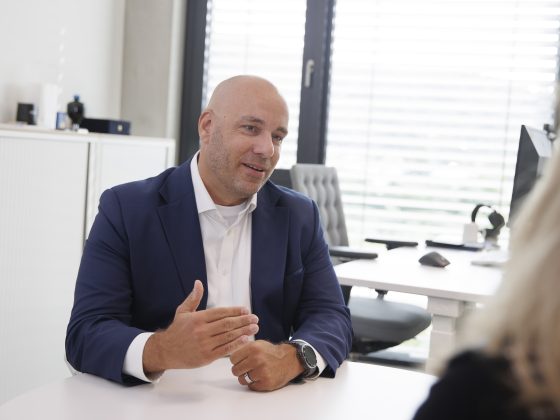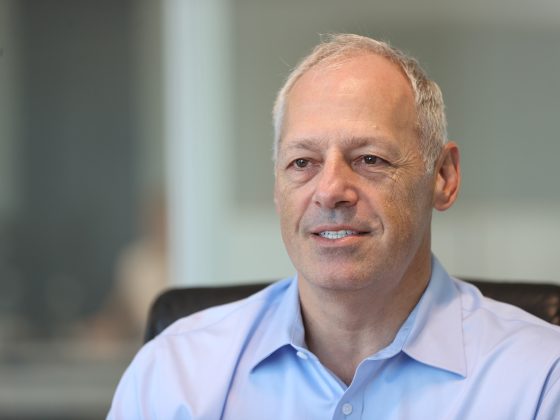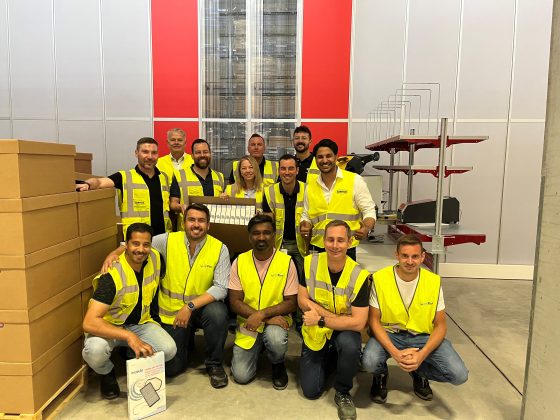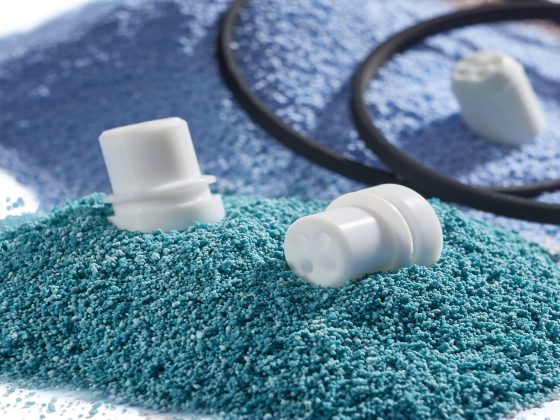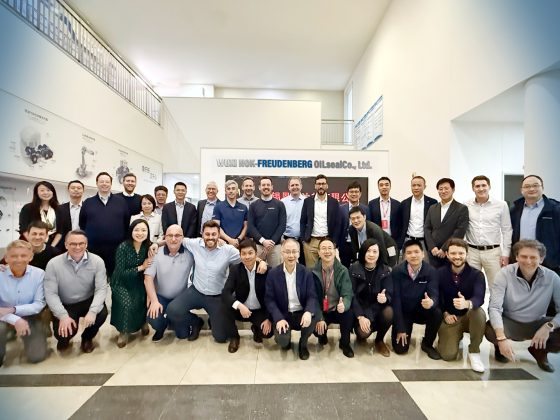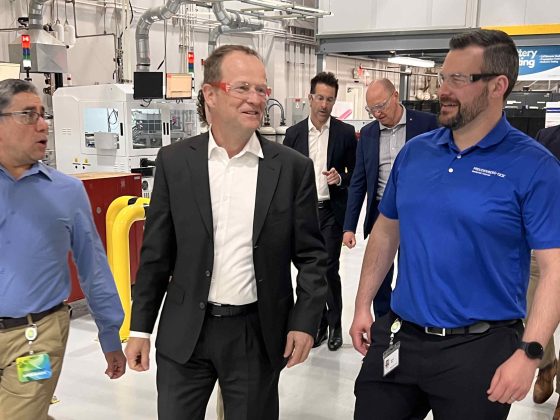The Corteco Division is setting the bar in its spare parts business, serving independent automotive garages and repair facilities, in the so-called Independent Aftermarket (IAM). SEALING WORLD spoke with Dr. Christian Dickopf, Senior Vice President, Corteco, on the division’s objectives, guarantors of success and opportunities for the future.
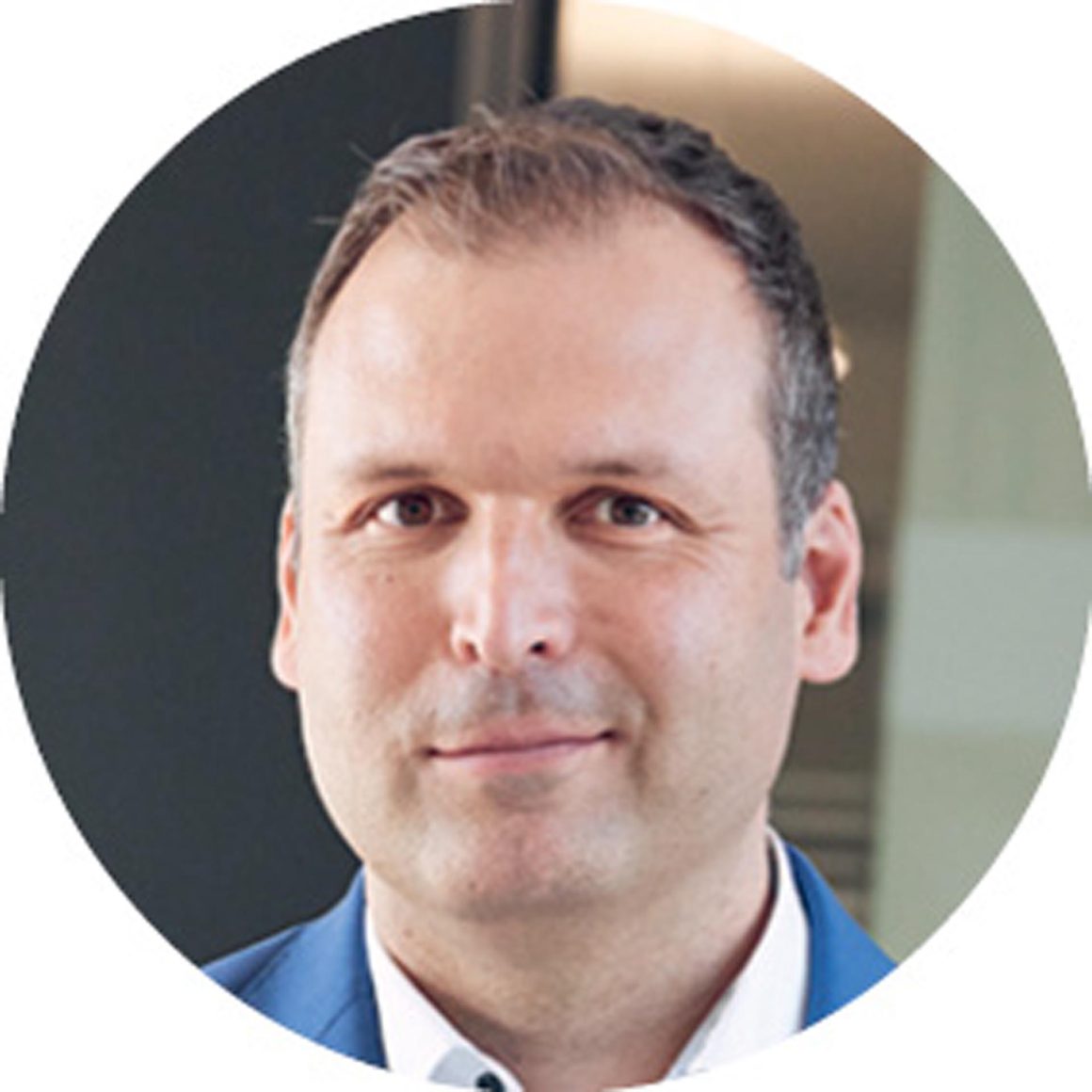
Dr. Christian Dickopf
Senior Vice President Corteco
Dr. Dickopf, Corteco is doing extremely well and expanding. Could you explain the reasons for this?
The Corteco Division is a good example of a stable, profitable, and not very cyclical business. Customers now see us as the Aftermarket specialist for the entire Freudenberg Group. After all, we offer products from Vibracoustic and Freudenberg Filtration Technologies along with seals. This broad-based portfolio is certainly one reason for our success. Another is the high degree of availability that we offer our customers. With our decentralized organization, we are simultaneously fast, and close to the customer. That is especially important for small and medium-sized companies that are unable to keep large inventories on their own. The quality of our products is especially important. The high quality of what we are offering differentiates us. Freudenberg and NOK are manufacturers themselves. Our products have the same audited quality as those for original equipment. There are many so-called re-packers in the spare parts business. They purchase parts anywhere and simply repackage them. When it comes to quality, we stand out from them, clearly and significantly.
You have been championing growth at Corteco. What have you done specifically?
We are pursuing three complementary growth strategies in parallel. For one thing, we want to grow in market segments that we already know, with products that we already know. This includes the regional expansions of our businesses. In the coming year, we especially want to expand our market positions in Southeast Asia and Eastern Europe. A great many older vehicles are being driven in Eastern Europe, and many will need repairs. We are already running into a market for Chinese export vehicles with conventional internal combustion engines – but without an established infrastructure for repairs and the right spare parts. We can already take care of them at a fairly young vehicle age. There are clear signs that we are moving in this direction: the new warehouse in Turkey, the new sales office in Serbia, including local marketing on-site; an additional technical trainer in Poland, a very important market for us; and more employees in Southeast Asia. In the medium-term, not in the current strategy period but the next one, we want to do more business with highly populated African countries. We already have customers in some parts of Africa. There is still a great deal to do there, especially south of the Sahara. But one thing at a time. We can’t do everything at once.
What is your second strategic approach?
We want to put new products and services in market segments that we already know pretty well. Accumulators are a good example. Freudenberg hydraulic accumulators are well-established, but we hardly sell them at Corteco. We want to change that and offer accumulators under both brands, Corteco and TransTec, in the future. FST’s Lead Center in Remagen has even developed a repair solution for accumulators just for the Aftermarket business. That is a first for FST.
An entirely new service! Do you have any more up your sleeve?
Yes. We’ve established a repair service for electrical power steering at the Milan facility in the United States. For example, we replace microchips in defective modules, rerun software or create new housing parts with 3D printers, to replace defective components. We have demonstrated these capabilities in power steering systems. In the future, our approach to electronic components, which has proven successful in power steering systems, can be used in many other applications. Electric parts and functions can be found anywhere in the automobile today. Repairing instead of throwing away: That is sustainable – and cost-effective for our customers.
Are you looking beyond your traditional spare parts business for passenger cars?
Precisely. That is the third pillar of our growth strategy. We want to sell products that we already know, in market segments that are new to us. Here we’ve especially set our sights on the heavy-duty segment.
What do you mean by heavy-duty?
Trucks, buses, construction vehicles and farm machinery typically fall into this category. They are exposed to especially high stresses, and the quality requirements are correspondingly high for the components that are used. Here seals costing just a few euros protect expensive commercial vehicles that are worth ten thousand times as much. No one should be compromising on maintenance and repairs. At Corteco, you get series production technologies that are put through their paces.
What applications are you still contemplating?
We are already achieving our first successes – mainly in the U.S. – with spare parts for motorcycles and – especially in Europe – with spare parts for mountain bikes. In addition, we are looking at smaller boats and yachts. FST calls the segment “recreational marine.” The engines in this segment need regular maintenance and repair, too.
Let’s talk about efficiency: What is Corteco doing in this regard?
‘I need seals for application XY for a 2008 Golf 5.’ That’s how orders come into Corteco. Unlike many other industries, the customers don’t specify dimensions or the seal material or the item that they need. Instead, they refer to the application. But we have to immediately know what seal, what filter, what engine bearing we are dealing with, and which of our products go into which application. That means our data management is extremely important. We must manage enormous amounts of data. Otherwise we won’t be in business. Our category management system takes care of this. For example, a professional product information management system will soon take over what we sometimes process with Excel files today. In IT and supply chain management, we have numerous ways to make our processes leaner, faster and more secure overall. We are on the right track.
Let’s turn to sustainability. What role does it play in IAM?
Right now, only a few of our customers assign much importance to the issue. Nonetheless we are operating sustainably, on our own initiative. We are protecting the environment when we use less plastic in our packaging, save paper in administration, use energy-saving technology, produce green electricity with our own photovoltaic systems, or use environmentally friendly modes of transport. We are, meanwhile, working efficiently and reducing our costs.
And finally, the transformation of the auto sector. What does the electrification of powertrain technologies mean to Corteco?
The transformation will have a delayed effect on the spare parts business, that is, it will hit us a few years later than it will affect the original equipment segment. We are assuming that the Aftermarket business for battery-electric vehicles will only become extremely important at independent service shops starting in 2030. We are, of course, already working hard on this.
Mainstream business will go away, but this won’t happen in the Aftermarket Industry as early and abruptly as in the original equipment segment. The internal combustion engines on the road today will likely require spare parts for decades. At the same time, the filters, steering parts and air suspensions that we offer will still be relevant to electric vehicles, and may even become more important.
Our strategy today is to position ourselves more broadly. For example, trucks, boats, and construction and agricultural vehicles are expected to be powered by internal combustion engines significantly longer than passenger cars are. But many questions haven’t been answered conclusively. What will the Aftermarket look like in the future? What will actually be repaired in electric vehicles? Will the supply chains for the independent service shops be the same ones that we have today? Will some of our suppliers from the former “combustion engine world” withdraw entirely from the market? In our risk management department, and our “Ready for Future” project, we are delving into these questions and developing solutions that are right for us.
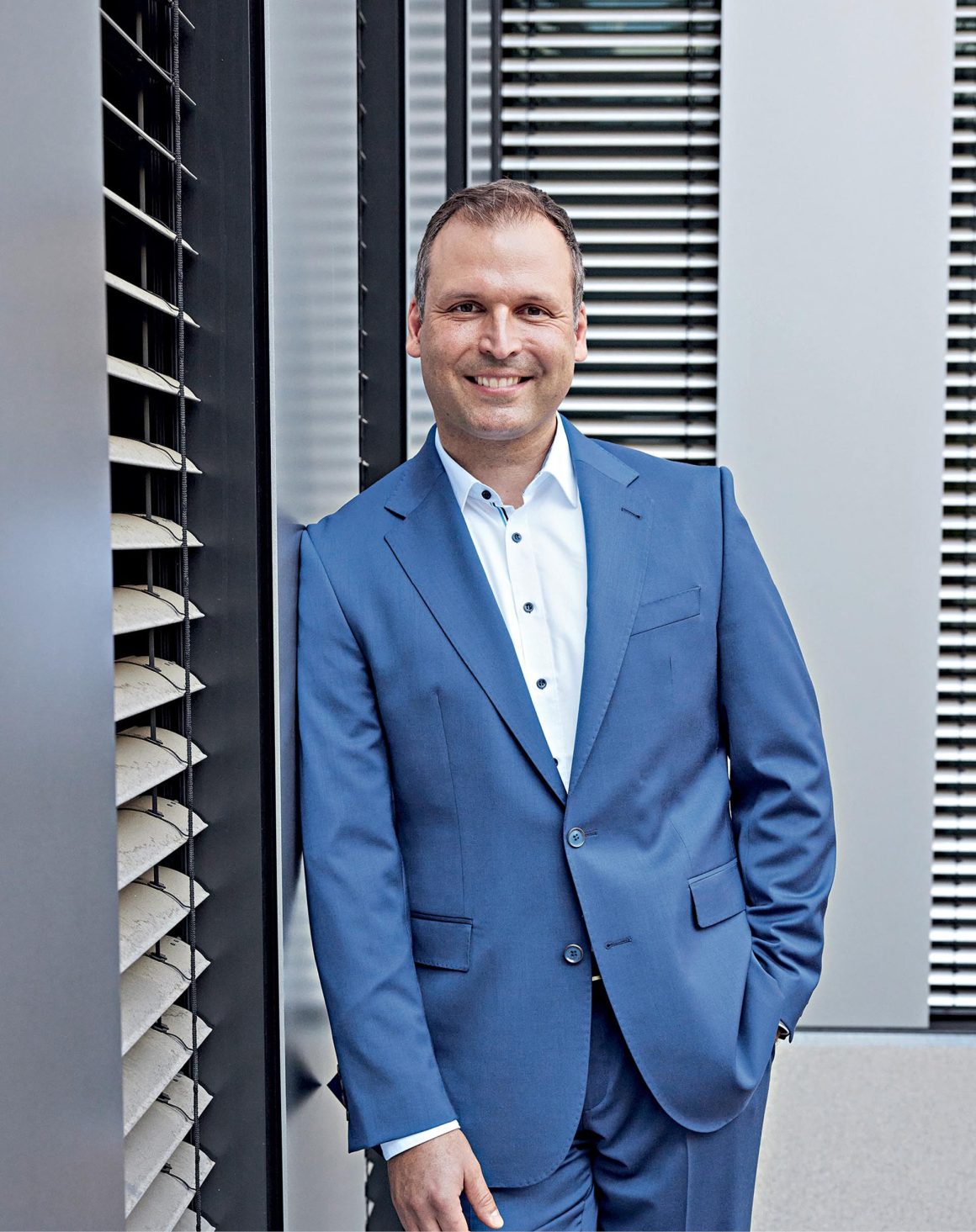

Dr. Christian Dickopf
“Early in my studies, it was clear to me how I wanted to start my professional career: first, study business administration at home and abroad, then earn my doctorate and work in corporate consulting in my first professional position, and then move to an industrial company as an assistant to the board of management,” said Dr. Christian Dickopf. He proceeded along his career path just as systematically.
Dickopf joined Freudenberg Sealing Technologies (FST) as assistant to the board in 2009. In this assignment, he mainly dealt with strategic and sales issues over a period of two years. Since then, he has served in various leadership positions at FST: at Process Seals and Dichtomatik (both are part of the Industrial Services Division (ISD)): as head of the Lead Center Fluid Power Industry in Schwalmstadt with partner production facilities in Troy and Chennai; in the General Industry (GI) sales channel, starting in Switzerland and working later in the United States, where he served as the GI Regional Manager for North America, among other positions. Dickopf has been in charge of Corteco worldwide for the last two years. His office is in the Corteco facility in Milan, in the U.S. state of Ohio.
